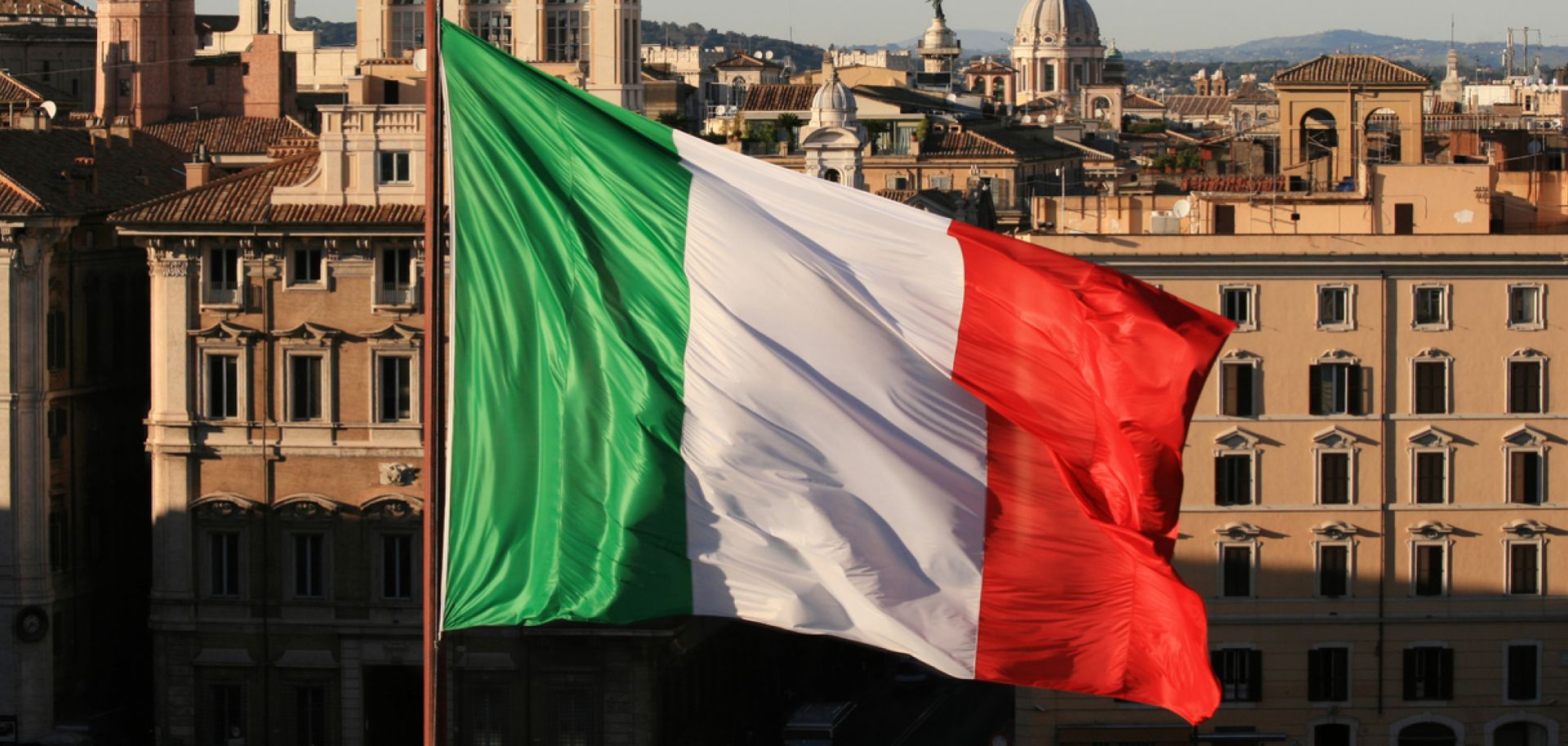The skies may not be clear, but European Union leaders are more relaxed these days than they were when the year began under foreboding clouds. Economic growth is gaining momentum and unemployment is slowly going down. More important, voters in France rejected candidates opposed to the European Union, and moderate forces will remain in power after September's general election in Germany. But while things are relatively calm in the eurozone's two main economies, the next big challenge for the currency area will come from its third largest member, Italy. The country has to hold a general election by May, and the vote will take place amid discontent with the status quo, which in many cases includes skepticism about the euro. Given the size of the Italian economy and the depth of its problems, political events in the country could have consequences far beyond Italy's borders....


